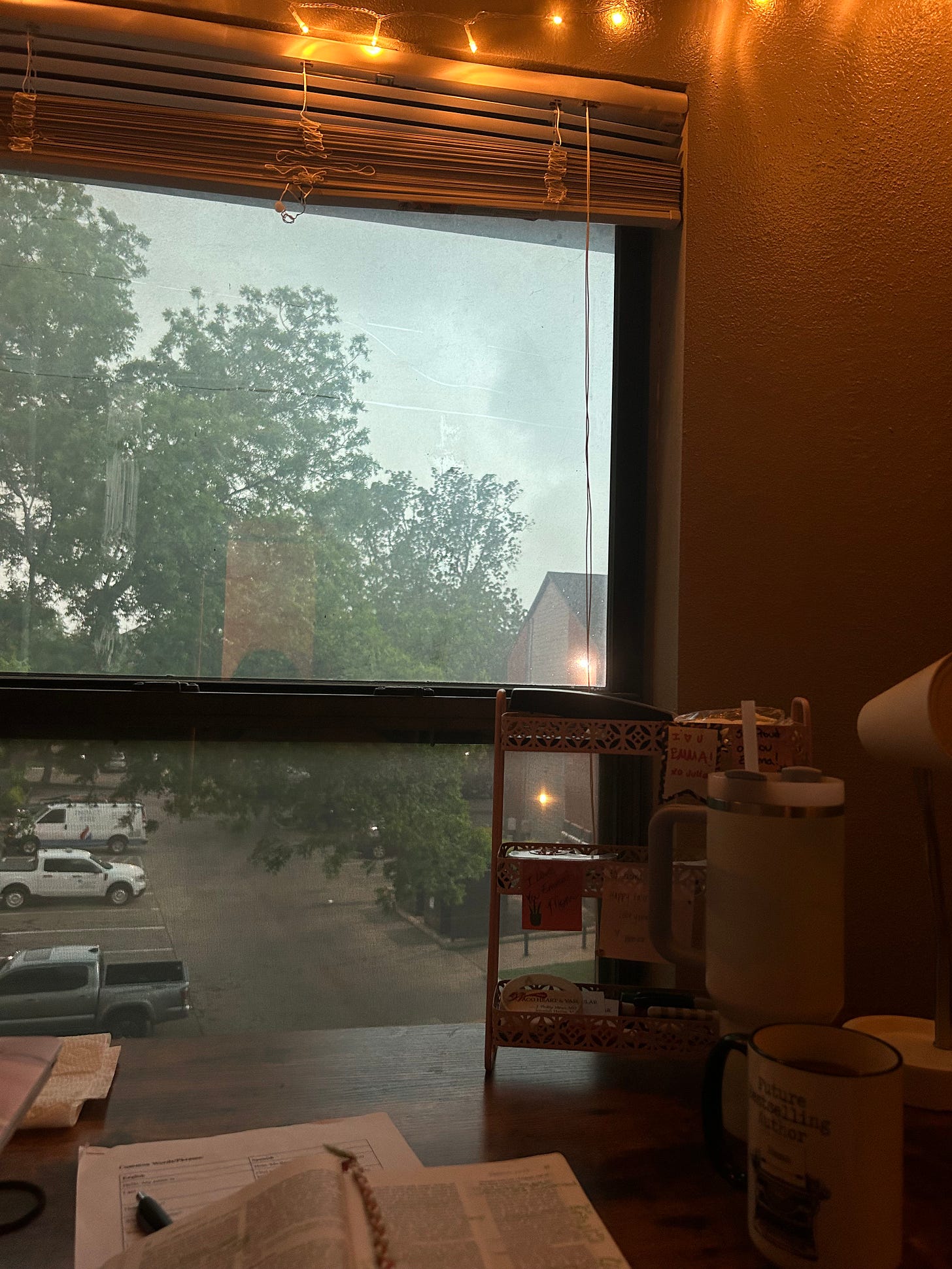The three things your ghostwriting contracts NEED.
What your freelancing/ghostwriting contract MUST include to keep your business running smoothly.
So, you made a great connection.
You nailed the discovery call.
And you’ve agreed to work with your very first client.
Hooray!
…Now what?
You know you have to send over an invoice to get paid, but… is that all? Do you just start interviewing, researching, and writing?
👋 Hi! Emma here. The correct answer is NO!
Why?
Because you’re forgetting one crucial step: the contractual agreement.

As a freelance writer, you need to have a contractual agreement signed by both yourself and any client who retains you. This document includes the scope of services rendered, the financial compensation that you will receive for the work, and all that protective, legal mumbo-jumbo you need an attorney for.*
A contract ensures that you and your client are both protected. It solidifies your working relationship, requiring that you complete the work you promise to do and your client pays you in full. It also outlines the nitty-gritty details that aren’t always applicable, but are absolutely essential to have ironed out ahead of time for when they are.
Today, I’m going to share three essential sections that a solid ghostwriting contract MUST include. There’s a disclaimer at the bottom of today’s post, but just as a reminder, I am NOT a licensed attorney. This is NOT legal advice; rather, it’s a quick list of the sections I’ve found most important in my own ghostwriting contracts. Please be sure to consult with a lawyer when you are putting together your client contracts. 😊
Also, please note that these tips are tailored to freelance contracts based on set project pricing rather than hourly rates. While these sections are still useful for either type of agreement, the examples I use are based on a per-project payment model.
1. Scope of services 📋
Your contractual agreement must include a section detailing the scope of the services for which your client has retained you. This should include specific deliverables, meaning a specific list of what you will deliver in exchange for their payment. The scope of services outlines the length of the work you’re drafting (ex: manuscript of 50,000 to 60,000 words, 5 newsletter articles of 1,000 to 1,500 words each, etc.), how many edits/rewrites you’re agreeing to (ex: up to one complete rewrite of all text, a complete line edit of the drafted manuscript, a detailed proofread of the manuscript before delivery, etc.), and the length of time allowed for each major step of the project (ex: client may request edits/rewrites within 30 days of receiving a section or freelancer will consider that section to be satisfactorily completed and future rewrite requests for it are forfeited, etc.).
2. Terms of payment and timeline 💰
You also need a clear agreement of how much, when, and how you’re getting paid. Let’s say you’re ghostwriting a 50,000 word memoir for $30,000. Your contract should directly state that the client will pay you $30,000 in exchange for the services listed in the document. It should also detail when you will receive that payment: Will the client pay you a lump sum of $30,000 at the outset of services, or will they pay you in monthly installments? Will your retainer fee be higher than the monthly installment payments? If they choose to pay in installments, will you require an interest charge (considering the interest you won’t make on the funds that are paid later)? Finally, this section should list your client’s payment options. Will you accept Zelle, check, direct transfer, and/or another payment method? Are there any additional fees for whatever platform the client will pay through, and if so, who will be responsible for paying them?
3. NDA terms and details 🤫
Whether you’re ghostwriting for a company or an individual, you’ll likely need to include NDA (Non-Disclosure Agreement) terms to your contractual agreement. These outline what you are and are not allowed to share about the project you’re working on. Typically, ghostwriting NDA terms specify that you, the freelancer, cannot share your client’s professional or personal information. They may also specify that you cannot identify yourself as the writer of the work, at least for a set amount of time. These terms, along with the copyright transfer of the written work to the client, allow your client to publicly claim authorship of the work and use it for their own personal or professional gain without the world knowing it was largely drafted by a ghostwriter.
Bonus Tip: Talk to your lawyer about third parties! ✅
Super valuable bonus tip here: If the work you’re doing will address/discuss third parties (for example, if you’re ghostwriting a memoir that includes real people other than your client), be sure to talk to your lawyer about how to protect yourself from any possible third-party lawsuits.
As always, thanks for checking out today’s post! If you’d like to see more ghostwriting business-related tips, be sure to let me know in the comments or the subscriber-only Chat what topics I should cover next.
⚠️ * I am not a lawyer, and nothing in this article constitutes legal advice. If you’re running a freelancing business, be sure to consult with a licensed attorney for your contract development and other legal questions.







